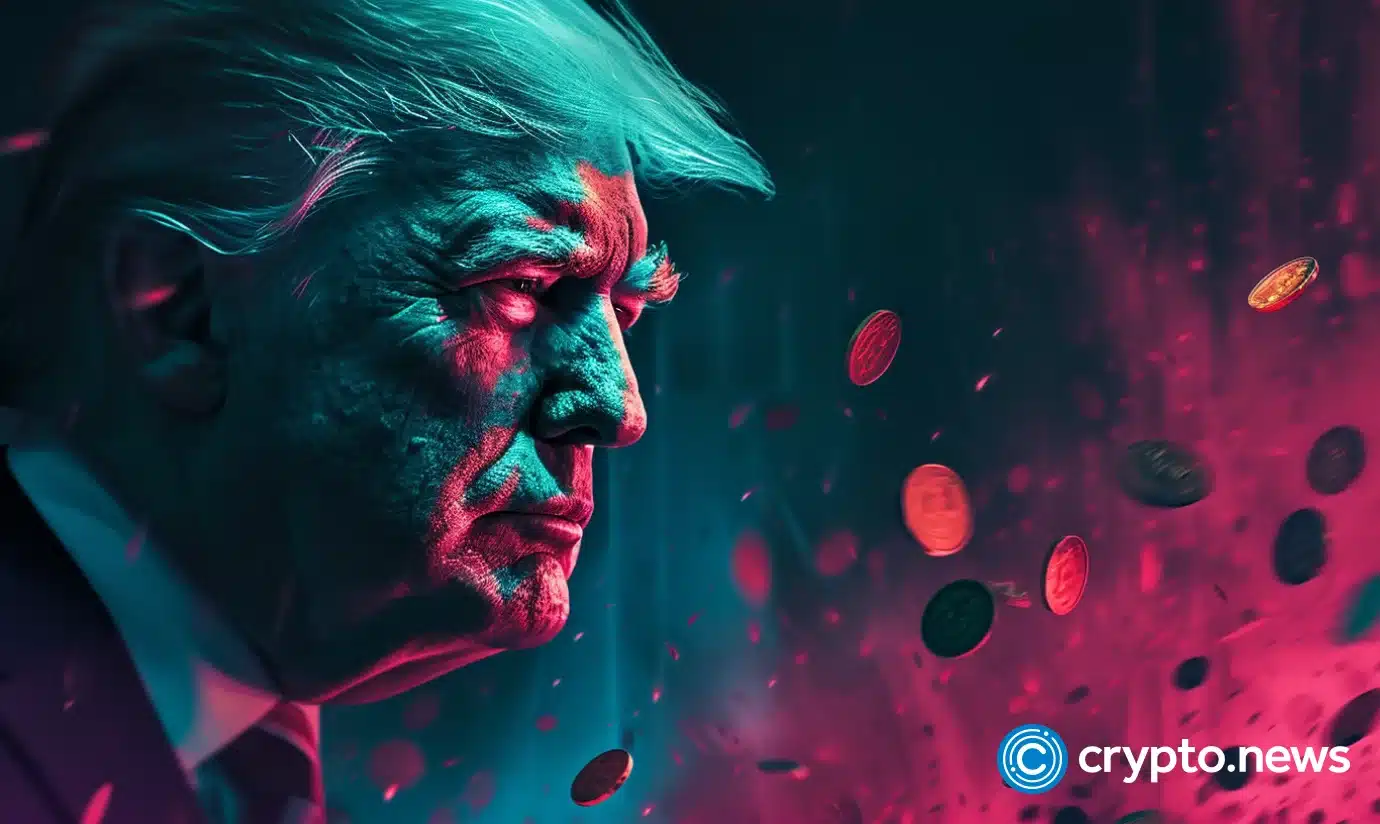The upcoming election has sparked particular interest in the cryptocurrency community, with one candidate making bold promises related to the industry. Dubbing himself “the crypto president,” he vows to prevent any potential regulations on the crypto industry should he win on Nov. 5. This stance has garnered support from certain individuals within the cryptocurrency space, who view excessive regulation as a significant concern. They cite the recent bankruptcies of major crypto firms in 2022, which revealed instances of fraud and misconduct, causing substantial financial losses for numerous investors.
The Biden administration’s position on cryptocurrency has also been a subject of debate. While some have labeled Biden as anti-crypto, a closer examination of his actions and statements reveals a more nuanced perspective. Biden’s Executive Order on Crypto aims to promote responsible innovation in digital assets and emphasizes the importance of maintaining technological leadership. Moreover, the Financial Innovation and Technology for the 21st Century Act (FIT21) showcases Biden’s support for cryptocurrency.
Furthermore, regulatory bodies like the U.S. Securities and Exchange Commission (SEC) have been actively shaping the regulatory landscape under Biden’s administration. Although some critique the agency’s approach as overly restrictive, it emphasizes the administration’s commitment to establishing a robust and effective regulatory framework for the cryptocurrency space. Additionally, the administration recognizes the environmental impact of crypto mining and supports engagement with the industry to address sustainability issues. In San Francisco, typically known for its liberal politics, some venture capitalists and cryptocurrency investors are showing support for the candidate who opposes crypto regulations.
This diverse array of individuals includes prominent figures from the cryptocurrency field, such as executives from crypto exchange Coinbase and the Winklevoss twins. Overall, the cryptocurrency industry remains a topic of significant interest in the political sphere, with candidates and administrations alike shaping their stances and approaches to regulation and innovation within the sector.
